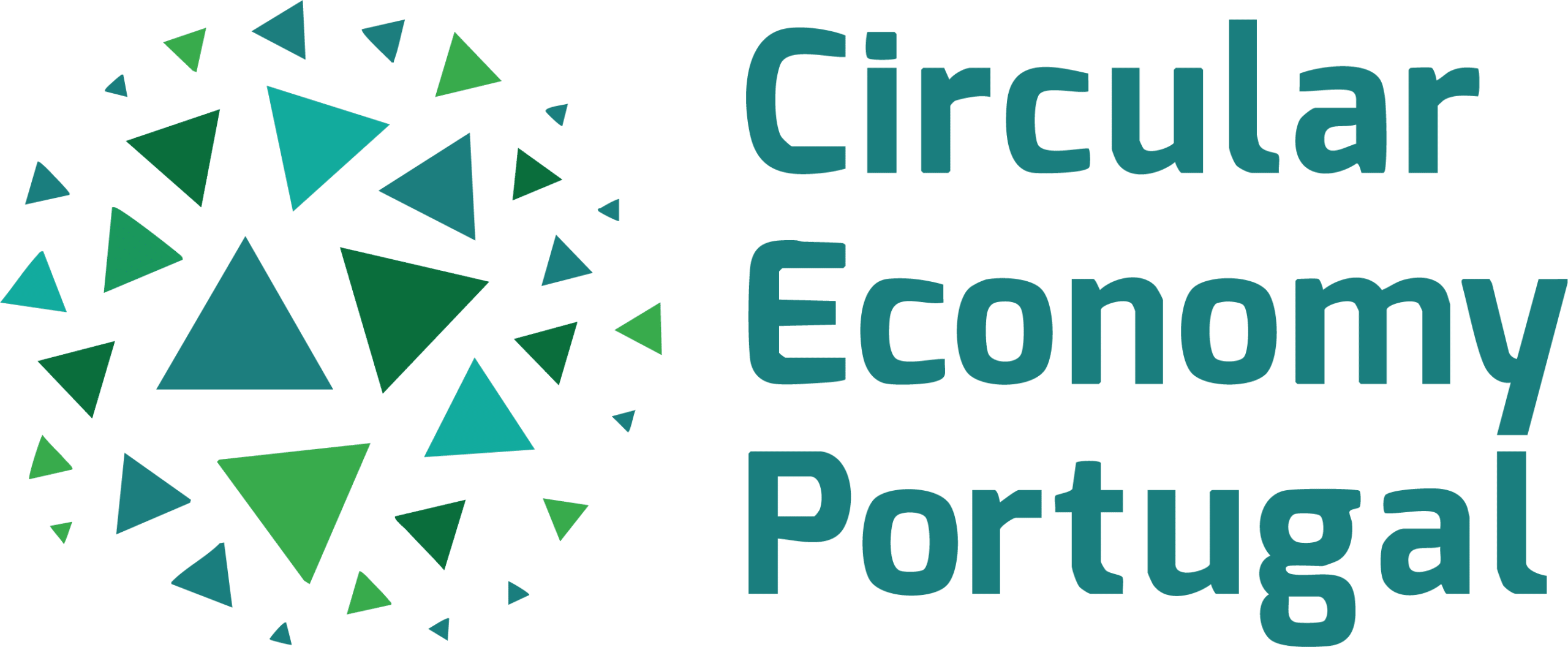Services
We inspire and empower municipalities, businesses and other organisations to adopt circular strategies that use fewer resources, avoid waste, maintain/create value and contribute to ecological regeneration. This way we create solutions with a positive impact on the environment and social communities. Our range of services:
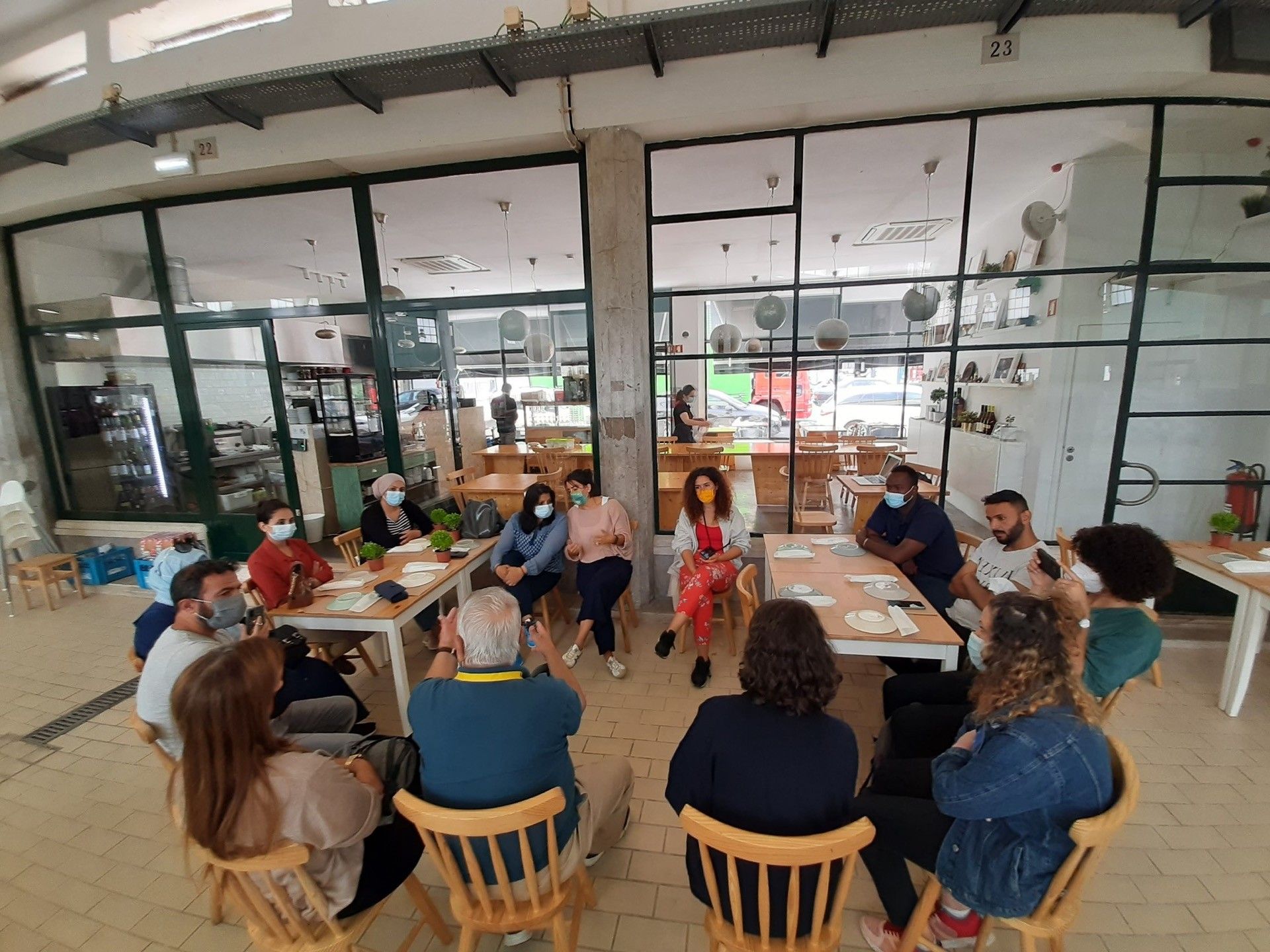
Training and capacity-building
For public and private organisations that want to master the concept of circular economy and its implementation in practice. Duration, approach and themes vary according to the client’s needs.
Reuse and Repair
CEP supports cities with waste prevention strategies through a wide range of services. To promote sustainable and attractive urban areas, good waste management is key. We develop projects around reuse (for example of plastics and textiles), repair (for example of electrical and electronic equipment) and community composting. We also support improvements in waste separation and collection and outreach to citizens.
Learn more about Repair Café Lisboa.
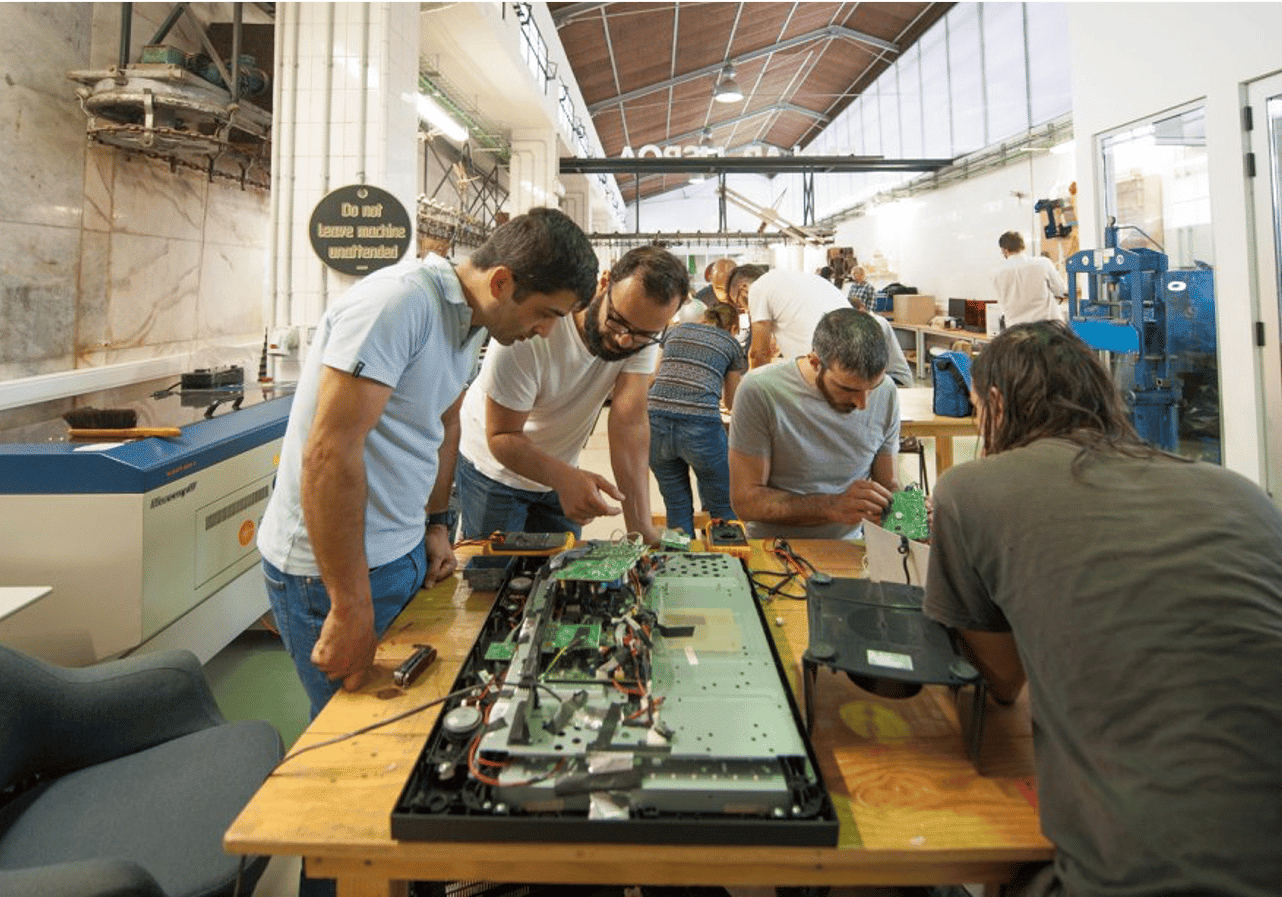
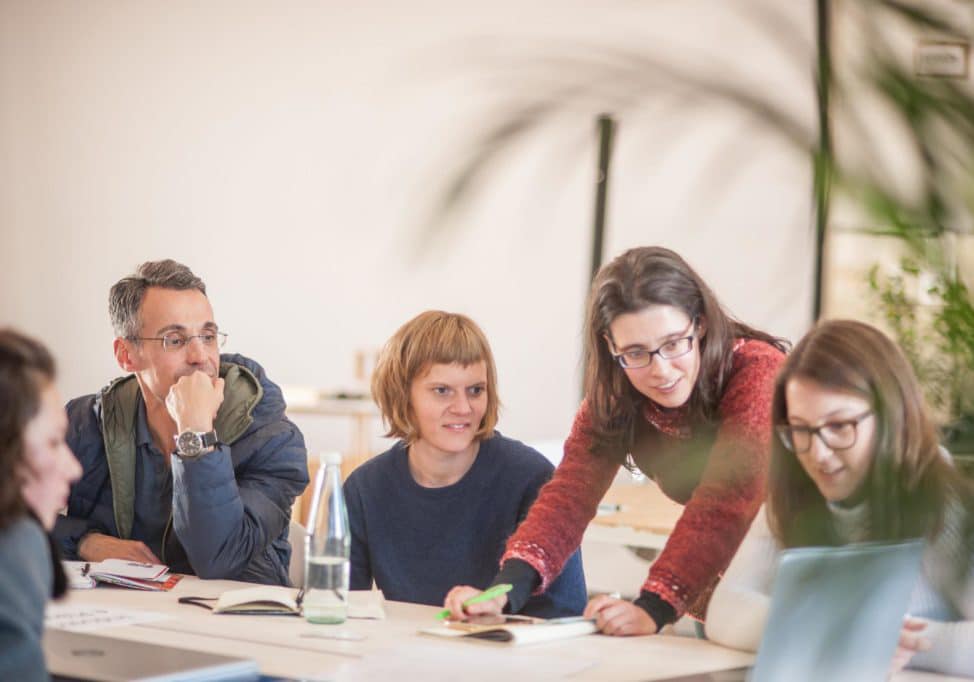
Evaluating Circularity
It is essential to monitor circularity indicators in order to evaluate the performance of a city, organisation or product-service system. Not only in terms of waste management and recycling, but also resource use and wider impacts on the environment and people. We support organisations with the methodology and assessment, in order to gain insight in the level of circularity achieved and identify opportunities for improvement.
Learn more about our projects.
Research and analysis
CEP supports public and private entities with research and analysis in various areas – from circular policies to packaging design to waste collection. We have deep insight in national and international best practices and can support with different types of knowledge requests.
Explore our research and analysis work.
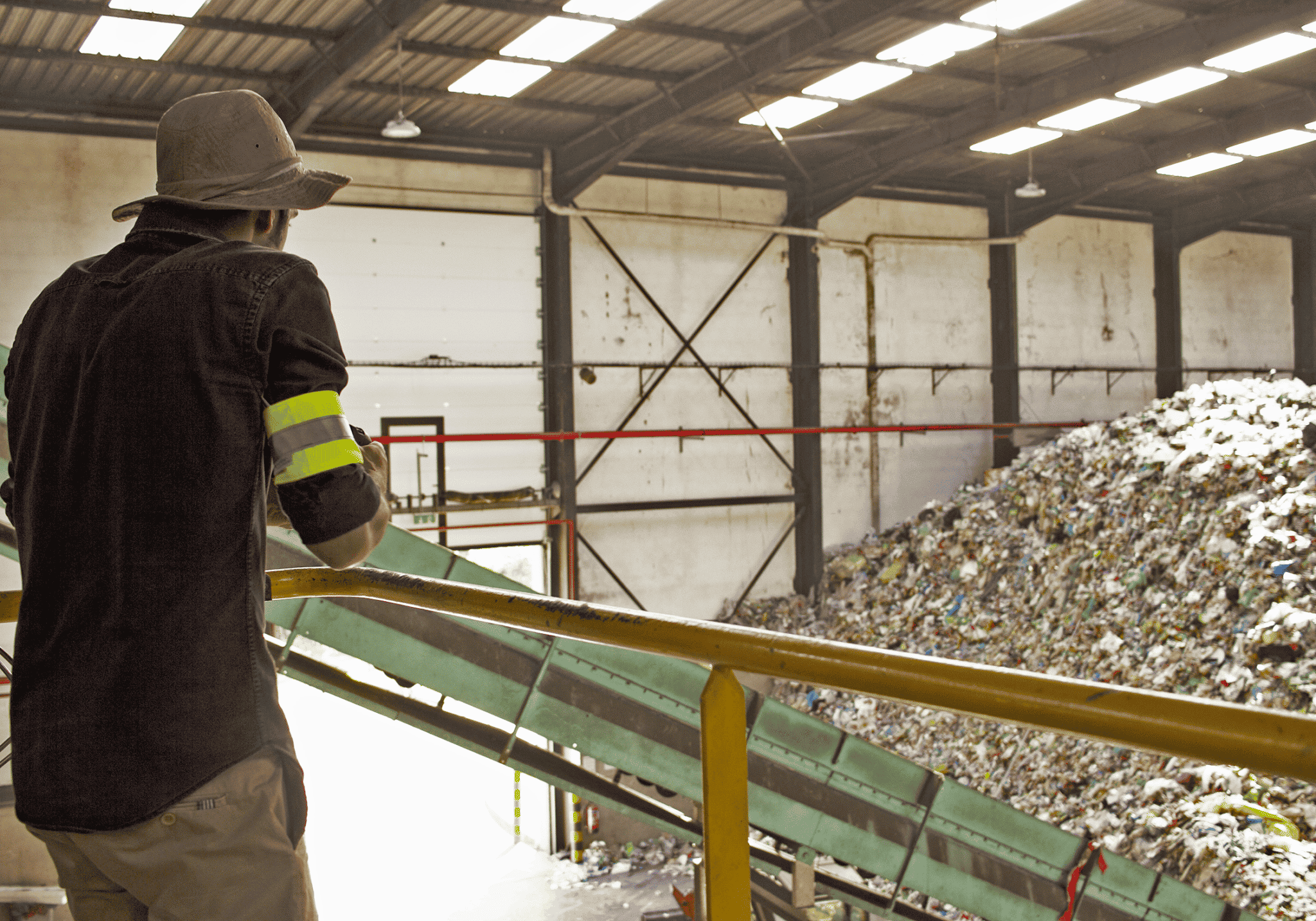
Circular Businesses
CEP supports organisations with the formulation of policies and action plans to achieve a higher level of circularity. The goal is to reduce resource use, avoid waste, generate value and contribute to ecological regeneration. This always requires an integrated approach and a wide range of measures, from the design of circular product-service systems to material recovery.
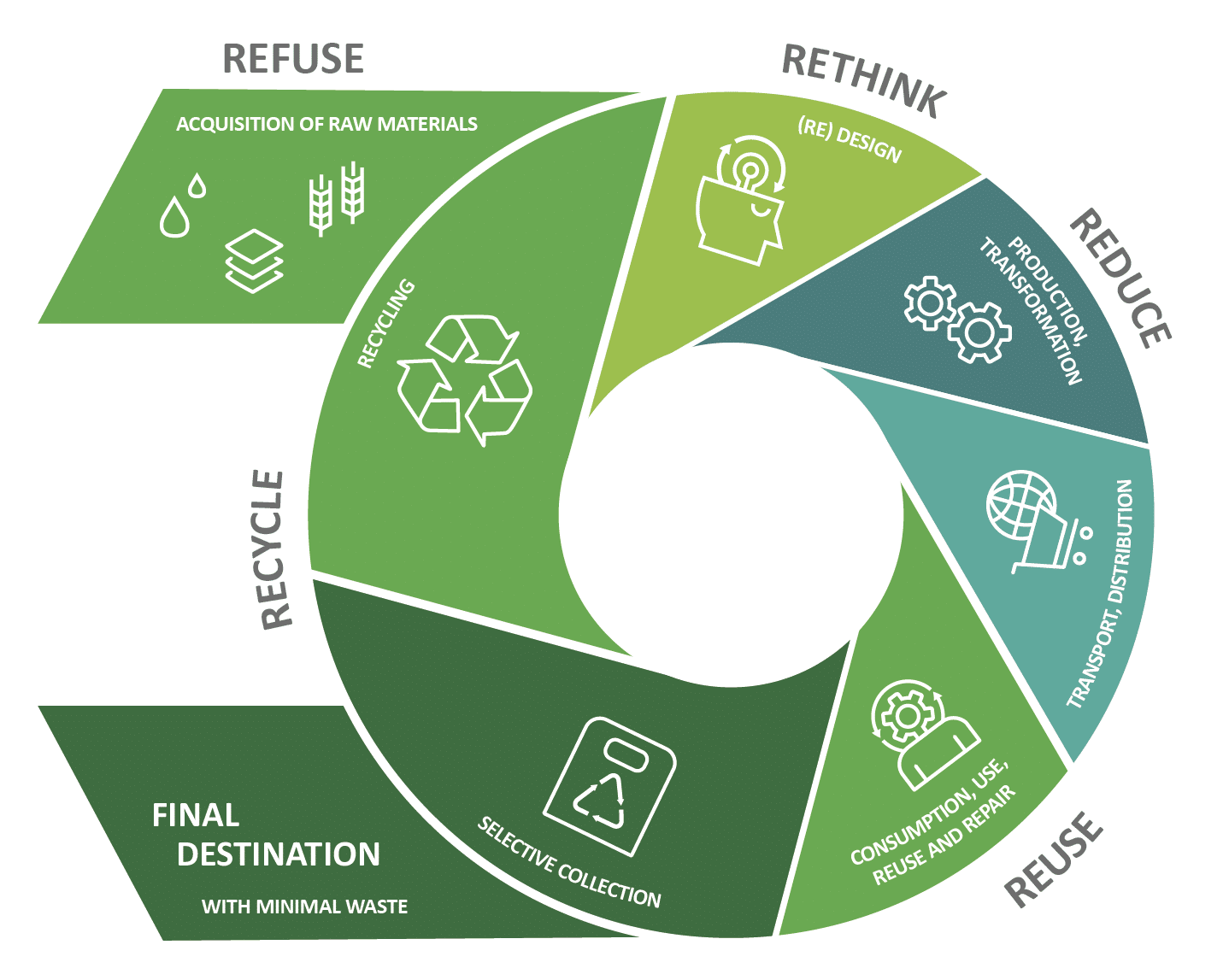
Methods that companies and
organisations can implement:

Sustainable supply and production: minimal extraction and use of natural resources, such as fossil fuels and water. All necessary inputs are sustainably sourced.

Circular Design: designing products and services that create maximum economic and social value by using the minimum amount of raw materials throughout their life cycle,. Ex: design for durability, repair, and reuse.

Circular business models (including marketing and sales): product-as-a-service systems that commercialise functionality, abandoning the paradigm of rapid and mass sales of material goods.

Responsible use and consumption, with a minimum ecological footprint and maximum product lifespan.

Reverse logistics and return systems aim to recover materials and products for reuse, repair, remanufacturing or other forms of valorisation.

End-of-life treatment: quality recycling to create secondary raw materials that can be used in the manufacture of new products.
If you’d like to discuss how we can help your organisation,
we would be happy to hear from you!
Contact us at: [email protected].
